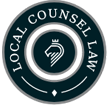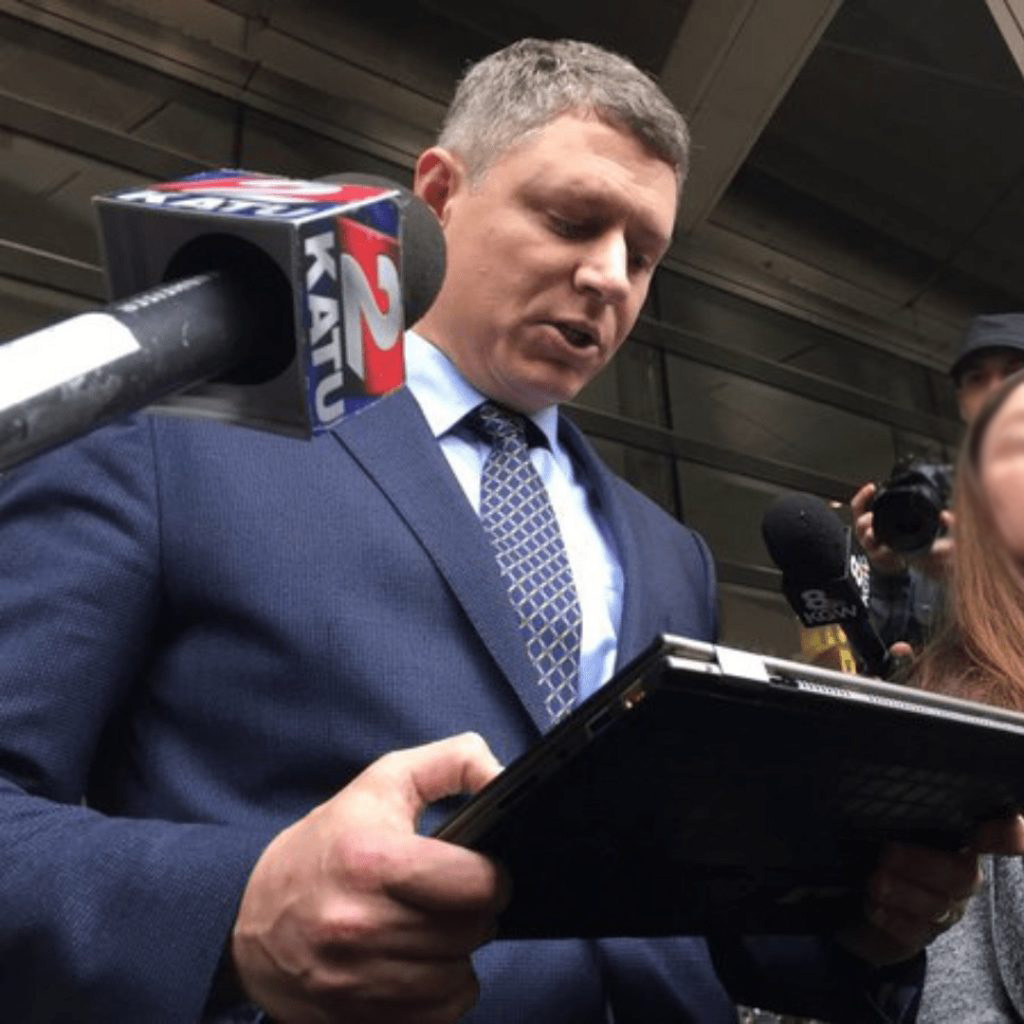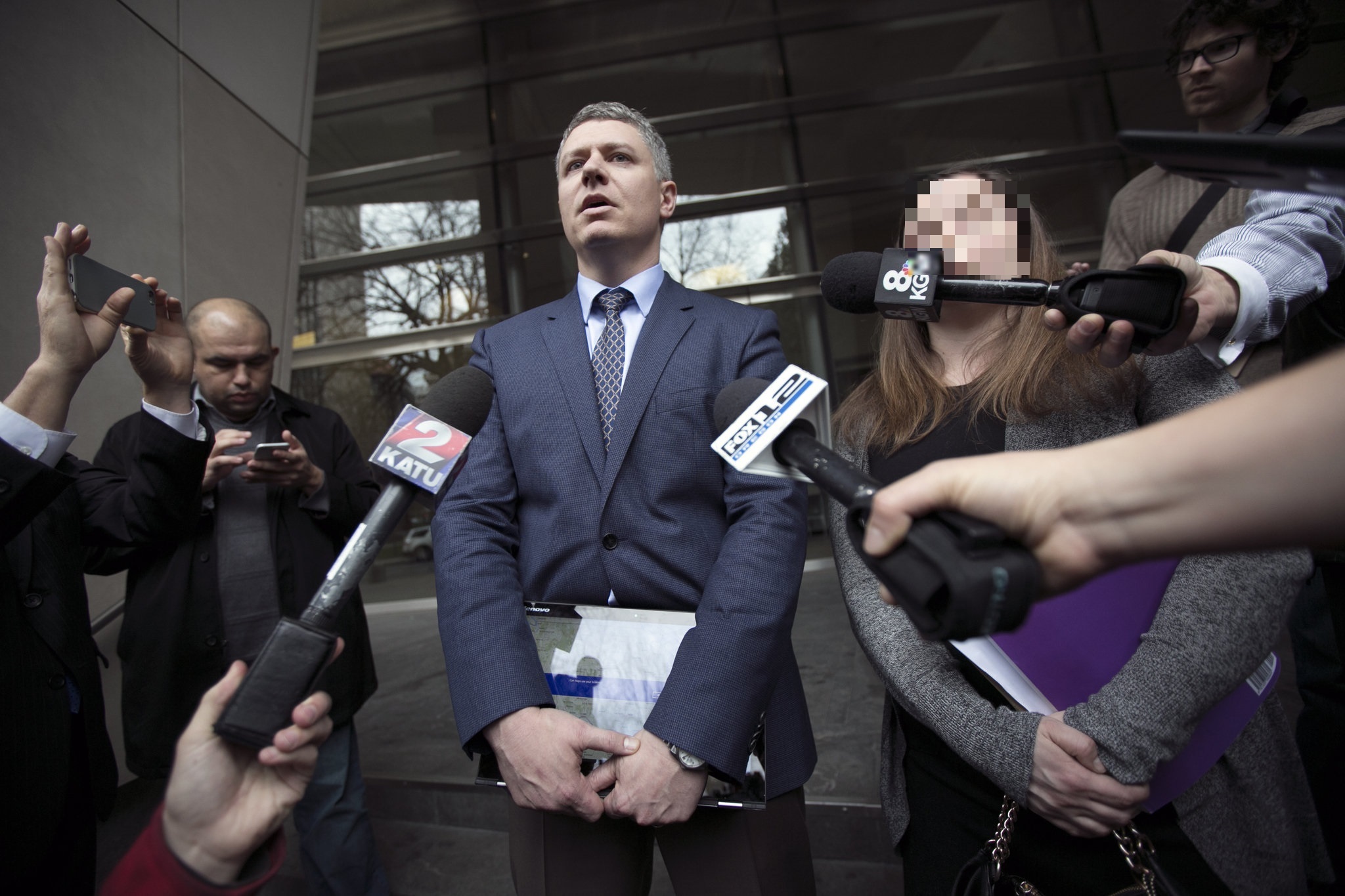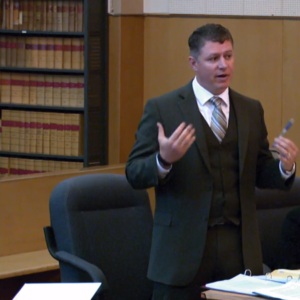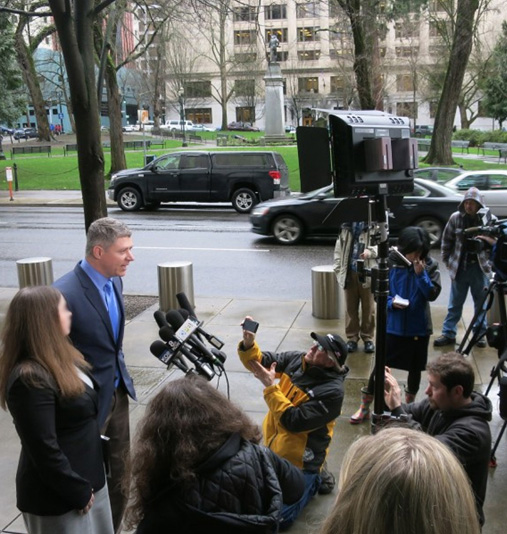Law is war and objections are a tactic that, when used, should meet your overall strategic goals. An attorney should never make a frivolous objection. All objections should be based on the rules of evidence and to advance the cause — not just to hear oneself speak. However, even if there is an objection available, an attorney should not object for the sake of objecting. Oregon and federal attorneys that do this can harm their client’s case greatly. Doing so can annoy the jury and judge or change the messaging when the other attorney or judge response. Be very deliberate in controlling your own story in trial.
Now, if your goal is to interrupt the flow of the witness or prosecutor with a well-founded objection, then that might be a good reason to use this tactic to meet your overall strategic goals. To paraphrase Sun Tzu: if your opponent has a choleric temper, irritate him.
And remember, the judge and jury are not your opponents, so only irritate them if it achieves a strategic goal. This is rare but does happen (more rarely for irritating the jury but it can be explained in closing or in a more verbose “speaking objection.”).
Some Common Trial Objections
Trial Objection – Substance
– Hearsay: “Objection, calls for hearsay.” If hearsay given, “Move to strike as hearsay. [Sustained.] We request a limiting instruction.” Hearsay is an out of court statement used to prove the truth of the matter asserted. The most common way around hearsay (other than a statement by a party opponent which is non-hearsay) is when it is being used for the effect on the listener. If this happens, then the proper objection would also include Rules 403 and 404 (see below).
– Improper Character Evidence (Rule 404):
– Unfairly Prejudicial, Confusing to Jury (Rule 403):
– Cumulative/Asked and Answered:
Objection to Form of the Question
– Leading: Suggesting answers on direct examination (leading is okay for cross or a hostile witness on direct)
– Calls for speculation: usually involving how someone else feels.
– Asks for a legal conclusion.
For more information on case strategy, watch Mike in the courtroom on CBS 48 Hours.
For more information, text/call 24/7 541-359-4585.
























